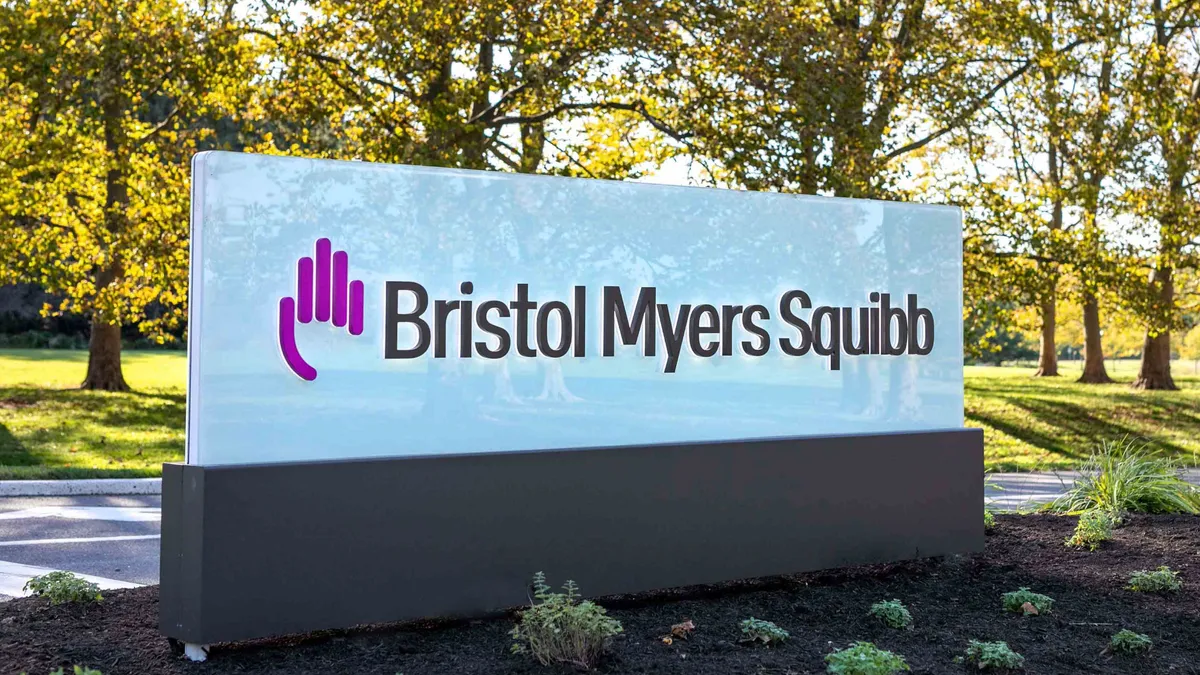How much will people pay to slim down? Experts believe the obesity challenge may affect more than half of the global population over age five by 2035. Analysts ratcheted up growth estimates for the global anti-obesity market throughout the year, floating numbers as high as $77 billion to $100 billion or even $200 billion by 2030, based on the increasing popularity of glucagon-like peptide-1 (GLP-1) agonists, originally designed to treat diabetes, but now approved for weight loss.
While the sky might seem to be the limit for these drugs, several unknown factors will determine whether they can deliver on these lofty expectations. One of the most pivotal will likely be whether Medicare agrees to cover these drugs for weight loss. But there are other factors, including how long people are willing to stay on the meds, their appetite for sometimes unpleasant or potentially severe side effects, and how competitive the space will become.
Challenges to growth
Novo Nordisk’s drug Saxenda was the first GLP-1 approved for weight loss, followed by the company’s drug Wegovy in 2021. The FDA approved Eli Lilly’s Zepbound in November, and the treatment is expected to be available in the U.S. by the end of the year. Regulators had already approved tirzepatide as the type 2 diabetes drug called Mounjaro, but now Zepbound may be poised to become the market leader because it appears to produce superior weight loss results and is priced lower than Wegovy.
Regardless of which drug ultimately wins the most patients, many Americans are already sold on GLP-1 agonists; nearly half said they would be willing to try a weight loss drug in a poll this year, and their popularity has spurred an economic boom in Denmark, Novo Nordisk’s home country.
While Medicare typically covers Ozempic and Mounjaro for diabetes under Part D for prescriptions, it does not cover GLP-1 drugs specifically for weight loss. Some private insurers will pay for Wegovy, but many patients still need to pay out of pocket to the tune of tens of thousands of dollars a year. The high price tag has a chilling effect on interest in the drugs, according to polls. Only 16% of people polled said they would still be interested in taking these drugs if insurance didn’t cover them.
Companies are trying to convince insurers that these are more than just vanity drugs. A trial of semaglutide, the active ingredient in Wegovy, may have moved the needle in that direction by showing it reduced the risk of heart attacks and strokes in non-diabetic overweight or obese people with a history of cardiovascular disease by 20% compared with placebo. While the American Medical Association now backs expanded coverage for these GLP-1s for obesity, at least one expert found the results of the trial underwhelming, pointing to the absolute benefit reduction of only 1.5 per 100 people treated for three years. This could be a factor payers consider, especially since many may need to take the drug indefinitely.
Side effects are another issue. Some are so bothered by unpleasant symptoms such as nausea and diarrhea that they abandon treatment. The drugs are linked to a higher risk of a rare type of thyroid cancer, and several patients who took Ozempic for type 2 diabetes are now suing Novo Nordisk after they developed stomach paralysis called gastroparesis. Pancreatitis and bowel obstructions are other serious conditions associated with the drugs. Anesthesiologists have also reported surgical complications due to the slow stomach emptying drugs, which has led to people aspirating food or liquids during surgery after a standard fasting period.
The quickly shifting landscape
Another concern is that the drugs may induce lean tissue loss, estimated to comprise almost 40% of overall weight loss among users, raising concerns about their use, particularly in older adults. Companies such as Biohaven are now exploring another category of drugs for weight loss, myostatin inhibitors, which may help people shed pounds and build lean tissue, giving them a competitive edge. Most of these drug candidates are in phase 2 or earlier, so it’s not yet clear if they will challenge the GLP-1s, but Eli Lilly appears to be getting ahead of the competition through its recent acquisition one of those potential competitors, Boston-based Versanis Bio, which is testing an activin receptor type 2B antagonist in combination with semaglutide in a mid-stage trial.
Despite their potential drawbacks, the GLP-1s have generated remarkable enthusiasm, and their uses may expand over time. People taking the drugs report that not only have they shed pounds, they’ve also helped curb other addictive behaviors such as drinking, smoking, and even nail biting and impulsive shopping. Researchers at Oklahoma State University are testing whether semaglutide in weight loss drugs like Wegovy and Ozempic could help others slow their drinking.
The drugs have also upended the weight loss industry, demonstrated most clearly when industry titan Weight Watchers paid more than $100 million to purchase Sequence, a telehealth business, which will allow them to prescribe the drugs to customers — a notable departure from its traditional behavioral-based approach.
But time will tell if they can deliver on the market’s escalating expectations.

















